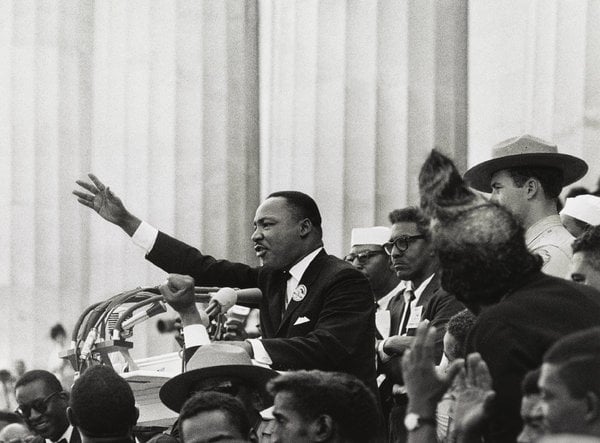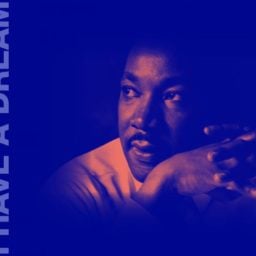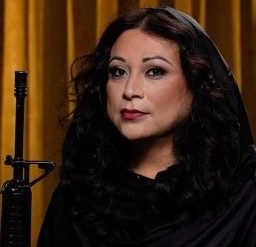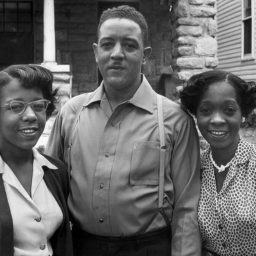Photographer Bob Adelman was found dead in his Miami home this weekend, according to the Miami Herald. Police were called to the scene to investigate, and found the 85-year-old had suffered head injuries that were likely due to a fall.
Born in Brooklyn in 1930, Adelman got his start snapping photos at New York jazz clubs. But he wanted to learn more about the craft, so he studied with Harper’s Bazaar art director Alexey Brodovitch and later became a protégé of Kennedy administration presidential photographer Jacques Lowe, reports the New York Times.
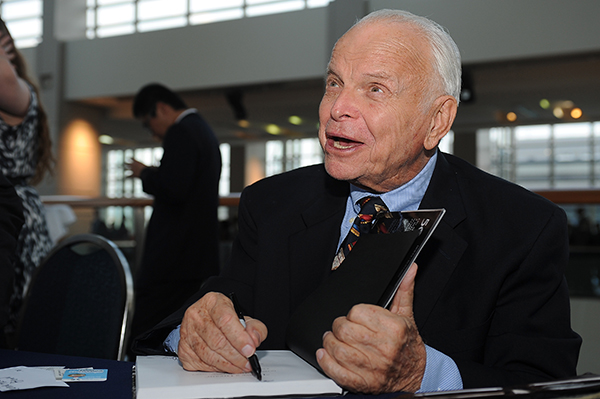
Bob Adelman signs copies of his book at the Emancipation Of Capital Gala And Awards Ceremony celebrating the 150th Anniversary of the Emancipation Proclamation at Washington Convention Center on August 22, 2013 in Washington, DC.
Photo: Larry French/Getty Images.
At Columbia, where he earned a master’s degree in philosophy, Adelman was a member of the Congress of Racial Equality, or CORE. He began to explore social issues through his work behind the camera, documenting the struggle for African Americans during the Civil Rights era via sit-ins, the Selma-to-Montgomery march for voting rights, and Martin Luther King Jr.‘s iconic “I Have a Dream” speech at the Lincoln Memorial during the historic March on Washington for Jobs and Freedom in 1963.
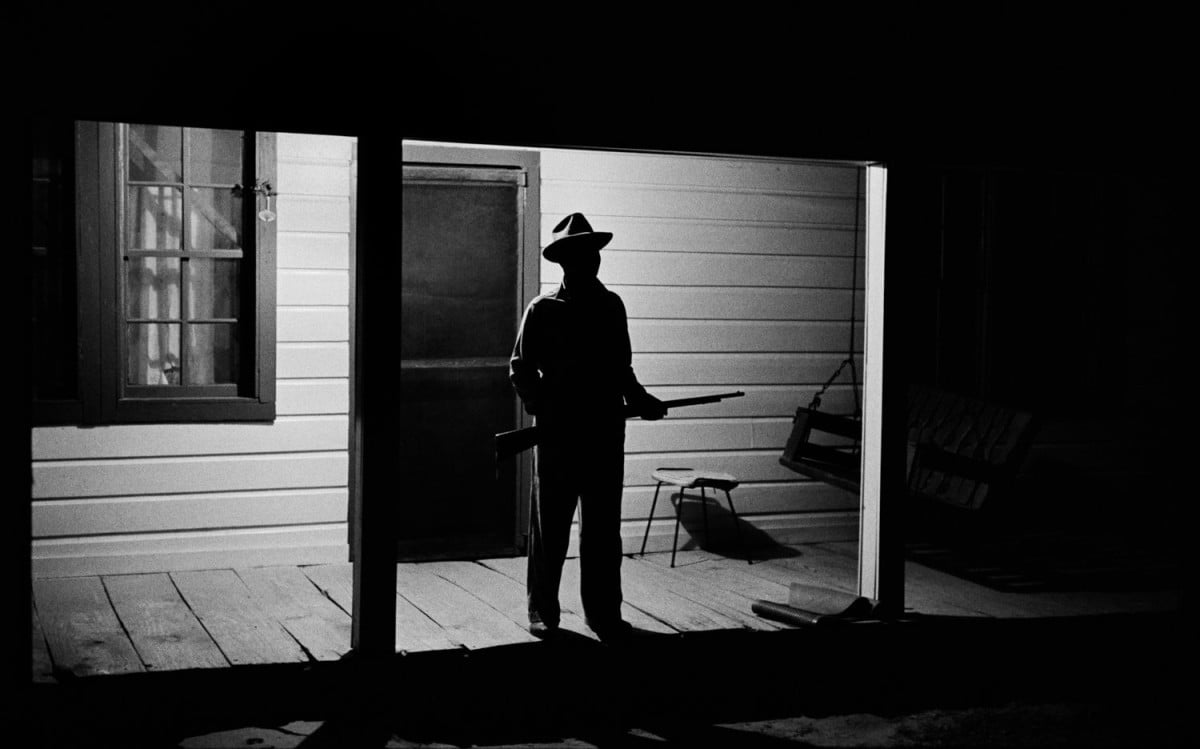
Bob Adelman, photo of Rev. Joe Carter guarding against the Ku Klux Klan after he registered to vote.
Photo: Bob Adelman.
“The types of injustices taking place against African Americans were awful, unfair and un-American,” Adelman recalled in a 2014 interview with Jet Magazine. “I became active in the movement at the time of student sit-ins, which I thought were brilliant. Black bodies had been the focus of shackles, lynching, and forbidden to go places, yet these incredible young people were taking their bodies to forbidden places and confronting segregation.”
Putting his own life on the line as well, Adelman took photographs that became important evidence in court and helped change the tide of public opinion in favor of the movement. “I realized that my involvement would be very dangerous, but I had a long think with myself and decided that this was something worth risking your life for,” Adelman told the New York Times in 2014.
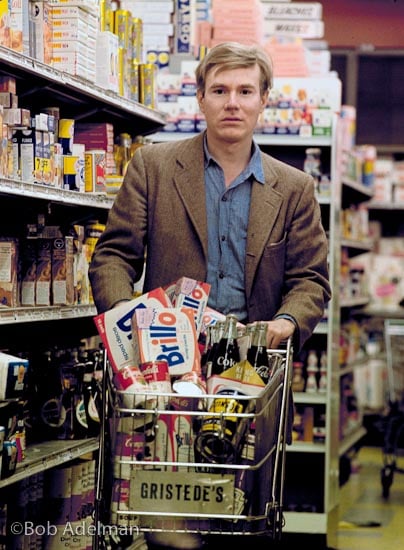
Bob Adelman, Andy Warhol in Gristede’s supermarket near 47th street Factory, NYC 1965.
Photo: Bob Adelman.
Outside of his work documenting the Civil Rights movement, Adelman photographed such notables as writer Samuel Beckett, Warhol superstar Edie Sedgwick, singer Jim Morrison, and artist Roy Lichtenstein, along with Andy Warhol, whom the photographer captured picking up Brillo and Campbell’s soup cans at a New York supermarket. Adelman also turned the camera on himself, documenting his weight loss in a series of nude self portraits.
“The genius of Bob’s work is how those extraordinary images speak to the present day across all the years and miles,” wrote David Wiegand in an obituary for the San Francisco Chronicle. “Bob Adelman’s art tells stories that travel well beyond the moment.”
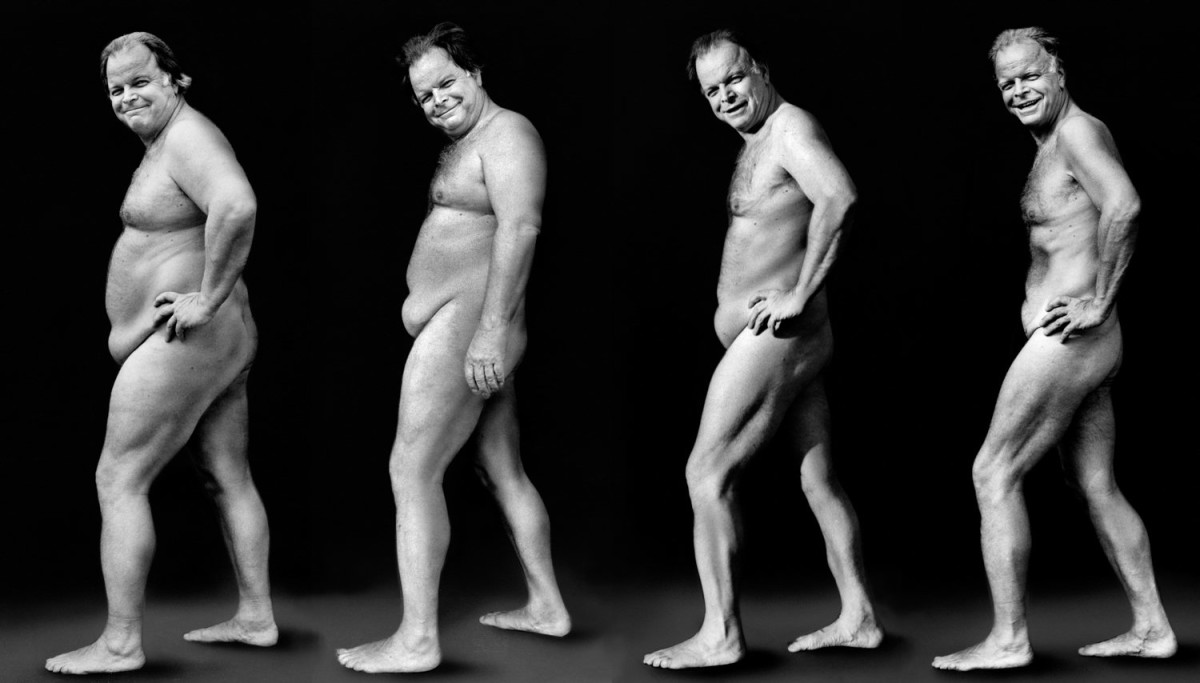
Bob Adelman, self portraits during weight loss.
Photo: Bob Adelman.
In 2014, the Nova Southeastern University’s Museum of Art in Fort Lauderdale held a a solo show of Adelman’s work titled “The Movement: Bob Adelman and Civil Rights Era Photography.” His photographs have been shown at the Smithsonian, the Getty Museum in Los Angeles, Atlanta’s Margaret Mitchell House, and the Martin Luther King Jr. National Historic Site, also in Atlanta.
Adelman is survived by his daughter, Samantha Joy Reay, three grandchildren, and his sister, Dolores Feldman.
